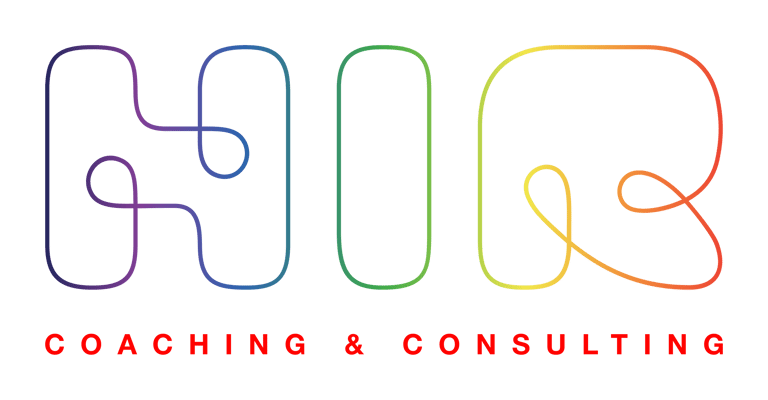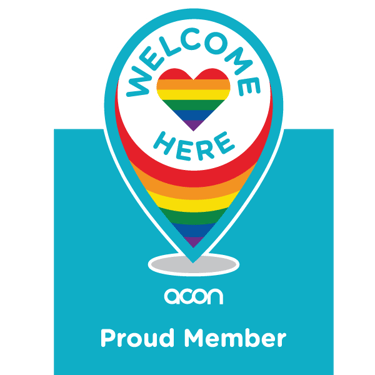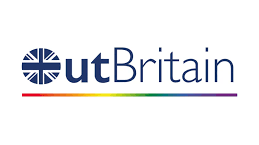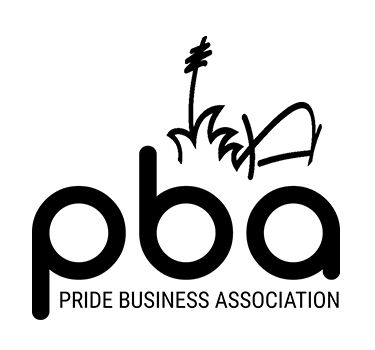Owning Up to Your Adjustments
Why Admitting What You Need Might Unlock Your Potential
FOR YOU
James
8/26/20254 min read


We spend so much of our lives wearing masks.
Not the kind you slip on at a costume party, but the invisible ones we create to hide our needs, smooth over our struggles, and convince the world we’re “fine.” For many people—especially those who are neurodivergent or living with a health condition—this mask becomes second nature. But here’s the catch: every time you wear it, you’re holding back the real you. Taking the mask off isn’t just about honesty, it’s about freedom—the chance to show up authentically, claim the adjustments you need, and finally play the game with your full hand.
Most of us like to think we can “handle it” on our own. We push through, mask our struggles, and convince ourselves that if we just work a little harder or prepare a little longer, we’ll be fine.
But here’s the truth: sometimes the very thing holding us back isn’t a lack of skill, talent, or drive. It’s the unwillingness to own up to the adjustments we actually need to thrive.
The Myth of “Getting By”
For many people—especially those who are neurodivergent or living with a health condition—there’s a fear that asking for adjustments makes us look weak or difficult. So we try to blend in.
But what happens? Stress rises, confidence plummets, and we show up as a shadow of ourselves. Not because we aren’t capable—but because we’re working against ourselves.
In fact, research shows this is widespread: in Australia, 58% of employees with disability report feeling nervous about disclosing their needs. Even more concerning, 39% say hiding their disability directly harms their performance at work. And it’s not just here—21% of UK employees conceal a disability from their employer, and globally, 76% of students hesitate to disclose during recruitment. That means millions of talented people are holding back their potential because of fear.
Joe’s Story: From Stressed to Self-Assured
Take Joe, a client I worked with who is autistic. Joe is a high performer with all the right skills, but interviews left him drained, nervous, and unable to show up as his true self.
The turning point? We sent a simple email to potential employers outlining three small adjustments:
Giving him a little extra pause time before expecting responses.
Structuring questions clearly, avoiding vague or abstract phrasing.
Providing a calm, quiet interview space.
That was it. Nothing dramatic. But the impact was huge. Knowing the interviewer understood his needs gave Joe permission to relax, drop the mask, and show his strengths. His whole energy changed—he walked in confident, authentic, and ready to shine.
This is the power of owning your adjustments.
Conditions That May Need Adjustments
Joe’s situation isn’t unique. Here are just seven examples of conditions that are commonly covered under Australian law—and the types of adjustments that can make a world of difference:
Autism – questions provided in advance, structured interview format, quiet space.
Depression – flexibility in scheduling, option for remote interviews, breaks during assessments.
Anxiety Disorder – supportive pacing, permission to take time when answering, alternative formats (e.g., written responses).
ADHD – clear, concise instructions, shorter sessions, reminders or prompts.
Chronic Back Pain – accessible venue, option to stand/stretch, shorter interviews over multiple days.
Diabetes – ability to take breaks for blood sugar management, flexible timing around medical needs.
Vision Impairment – large print or screen-reader friendly materials, well-lit accessible space, allowance for assistive tech.
Owning Your Adjustments = Owning Your Responsibility
Let’s be honest: sharing what you need to thrive is not always easy. Fear of judgment, rejection, or being seen as “difficult” can weigh heavily. Whether it’s at work, in a relationship, or in any aspect of life, opening up about what supports you can make you feel vulnerable.
But here’s the tough truth: when you don’t play your full hand, you are partly responsible for holding yourself back. Yes, legal frameworks like the Disability Discrimination Act are in place to protect you. Yes, social and workplace inclusion policies are improving. Yes, environmental changes can make things fairer.
But none of these matter unless you also take responsibility for enabling the change to happen.
That doesn’t mean you have to push against every barrier alone. It means recognising that you deserve to thrive, and that starts with saying, “This is what I need.” Employers, partners, friends, and colleagues cannot read your mind. They may want to support you, but they can’t act until you name it.
Owning your needs is not a weakness—it’s a form of leadership. It’s stepping into your life with honesty and courage, and creating the conditions where you—and the people around you—get the best of what you have to offer.
The World is Your Oyster
Asking for adjustments isn’t about “special treatment.” It’s about creating the conditions where your true strengths come alive. And that benefits everyone—you, your team, and your employer.
When you take ownership of what helps you thrive:
You show up authentically—no more masking.
You perform at your best—your talent speaks louder than your stress.
You build confidence—because you’re no longer just surviving, you’re succeeding.
So if you’ve been holding back from saying what you need—whether that’s in interviews, at work, or in life—maybe it’s time.
The world doesn’t just want you to cope. It needs you to contribute at your full potential. And the only way to do that is to own up to what you need and unapologetically claim your space.
With that renewed confidence, the world is your oyster.
HiR Coaching & Consulting is a business name registered in New South Wales, Australia. ABN 53693942059
100% Money Back Guarantee
Foundations Program – Our Promise
The Foundations Program comes with a clear promise.
If, after completing Foundations, you:
do not get something positive from the experience and
do not make at least one agreed change identified in your initial 30-minute onboarding call
then you can choose one of two options:
A full refund, minus the cost of the Strengths Profile assessment, or
Continue working with me at no additional cost until you achieve a meaningful breakthrough.
This promise exists because Foundations is designed to create clarity, momentum, and real change — not just conversation.
Coaching Memberships – Flexibility, Not Guarantees
On-going coaching memberships do not come with a performance guarantee.
Instead, they are designed to be low-risk and flexible:
You can cancel at any time
There are no penalties or lock-ins
You stay because the coaching is useful — not because you’re tied to a contract.
12-Month Upfront Memberships – Pro-Rata Refunds
If you choose to pay for 12 months upfront, you’re entitled to request a pro-rata refund at any time if you decide the experience is not positive for you.
In this case:
The number of coaching sessions already attended will be deducted from the original amount paid
The remaining balance will be refunded accordingly
Important Notes
Coaching is not a done-for-you service. Results depend on your willingness to engage, reflect, and take action.
If at any point it becomes clear that the agreed effort and participation are not there, I’ll raise this directly and honestly.
If alignment can’t be restored, a refund of the unused portion of the coaching may be issued at the standard coaching rate.
Exclusions
Refunds and guarantees do not apply to the Resume & Career Upgrade Package or the Seven Days of Strengths self-guided program, due to the nature of the work and time already invested.
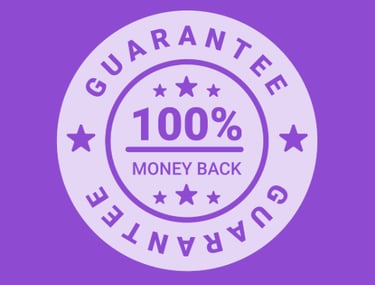



Terms & Conditions
Payment is immediate at the time of booking.
Prices quoted on the website are in AUD, and HiR is registered in Australia. Payments and invoices are available in AUD, USD, CND, GBP, or EURO.
All sessions are online, booked via Calendly and conducted using Google Meet unless expressly agreed otherwise. In-real-life sessions may incur additional fees for travel and incidental expenses.
Sessions can be rescheduled using the calendly booking system as required.
All Calendly sessions are booked with a 30-minute buffer so that James can extend the session without any challenges or additional fees should we continue to get the work done. After your kick-off session, the agreement with your coach on the specific results you want to achieve from your personalised program will be documented.


